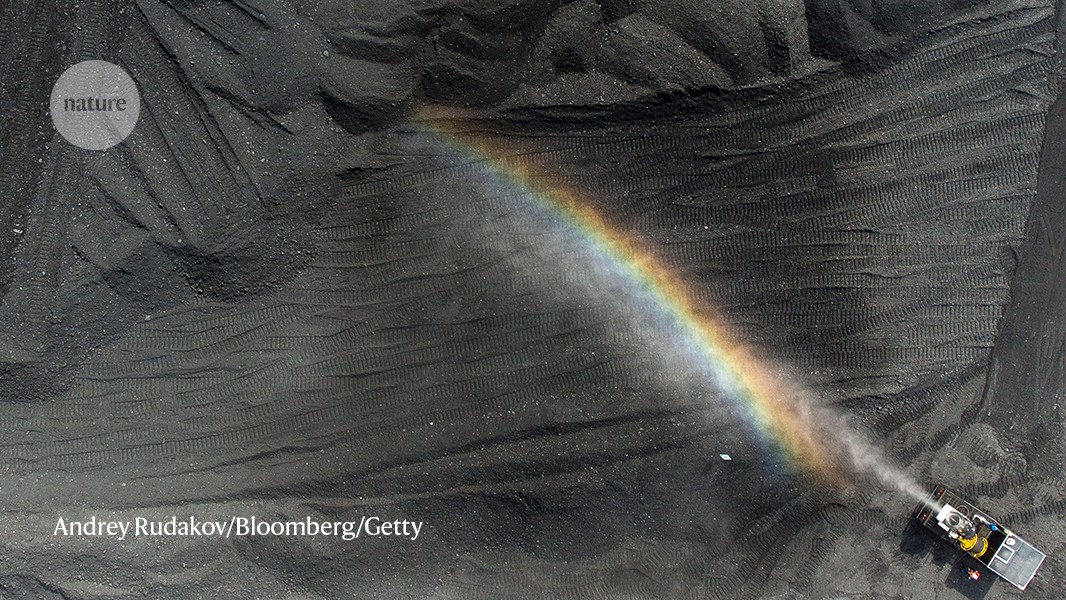They exist nonetheless.
Once upon a time, forests were unaccounted externalities. Loggers and farmers didn't have to account their real value to the environment or other citizens, they just cut them down and took whatever they could get as profit. Now it's the world's oceans being destroyed for lack of any regulator to account the externality. Note that in both cases, loggers and fishers, part of the value lost was to their own occupations in the future.
I'm not sure if it's still true, but around 2010 I read that more electricity had been saved by voluntary limiting of use, than was added in by non-carbon-polluting means. Well a lot has changed since then, but it is still relevant to my idea of spot-price discounts for consumers. All it took to reduce consumption was awareness: by buying a different lightbulb or a different dishwasher, people could pay slightly more but save themselves money over the lifetime of the bulb or the machine. There's a lot more slack to be taken up still. People often put their dishwasher on after dinner, it's when the most dirty dishes are there to fill it up. But is that the cheapest time? They barely have to think about it: dishwashers could be made with an option to monitor power prices and do their heating at the cheapest time (possibly just before dawn, if they live near the coast).
Heavy users in industry already negotiate with power suppliers to get power when it's cheapest. Though in most of industry labor costs are a bigger concern than electricity, and labor isn't as flexible.
Yes, solar is not ideal. I'm for nuclear as the main replacement for carbon-emitting power sources. But should we build a new generation of PWR knowing it will be obsolete within 30 years? Or endure the longer delay of building thorium reactors? I'm for the former actually, but either of them require a regulatory guarantee for at least 30 years, ie a tax on carbon and not a subsidy on nuclear. Operators would be entirely justified in being suspicious of a subsidy, given the history of nuclear and how one accident (even in some other country) can turn public opinion against them.
Windmills require too much maintenance for my liking. Catching on fire and starting wild fires isn't great either.


